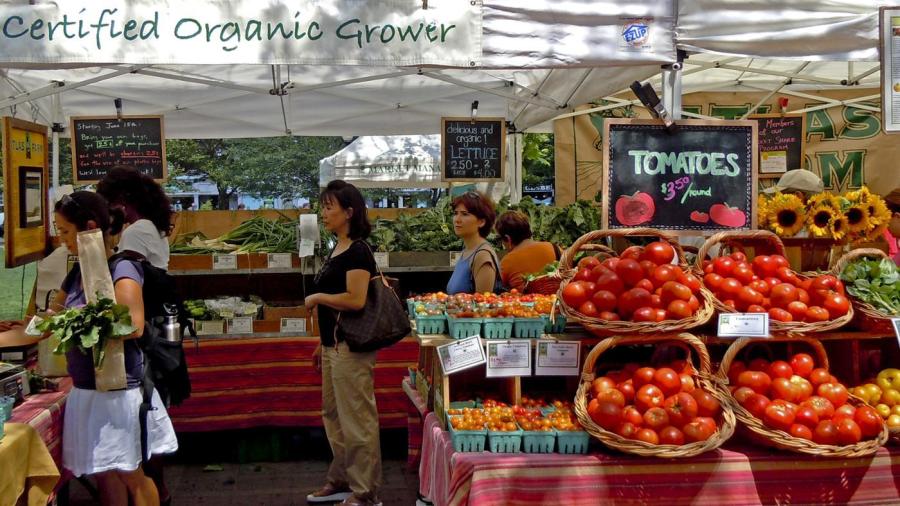What Is Neolocalism?

Neolocalism is a term coined by geographer Wes Flack to describe a renewed interest in preserving and promoting the identity of a community and restoring aspects that make it culturally unique. Neolocalism, simply meaning “new localism,” is a broad term that can be used to describe everything from a local farmer’s market supporting regional farming initiatives to grass roots opposition when a large corporation like Walmart attempts to set up shop in a town.
Wes Flack cites the recent resurgence of interest in the American microbrewery as indicative of a budding trend of neolocalism in the United States. A response to the perceived impersonality of living in a global economy, neolocalist endeavors often begin by looking back to what the area was known for in an earlier time period and reintroducing these “heritage” practices to a new generation. Examples of neolocalism in action include local music scenes, heirloom farming and traditional craftmaking.
Neolocalism is also sometimes used in the academic field of anthropology to describe residence patterns in which a newly married couple live in a dwelling which they do not share with their parents, siblings or other family members (it is also referred to as neolocal residence). The two meanings are unrelated.





